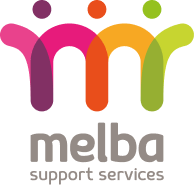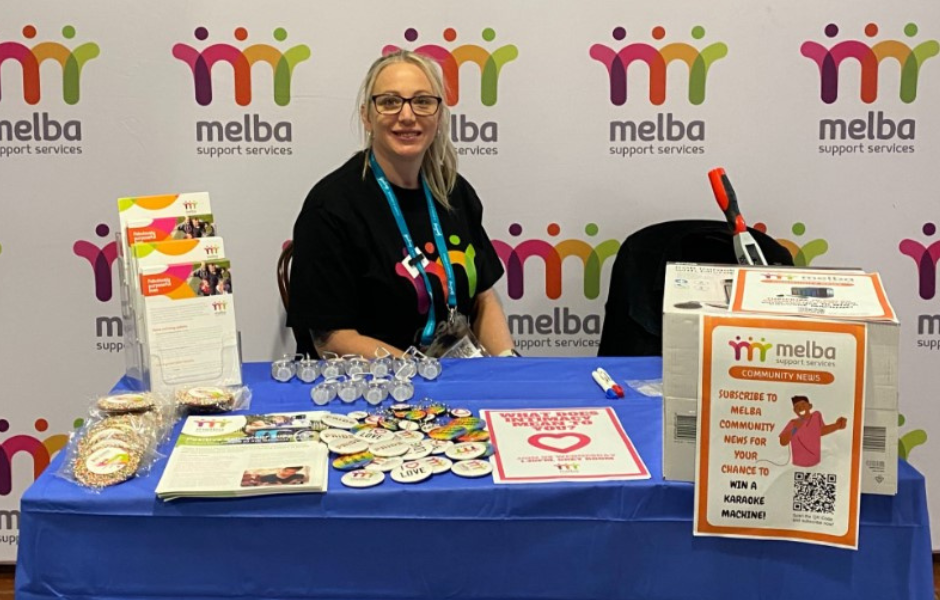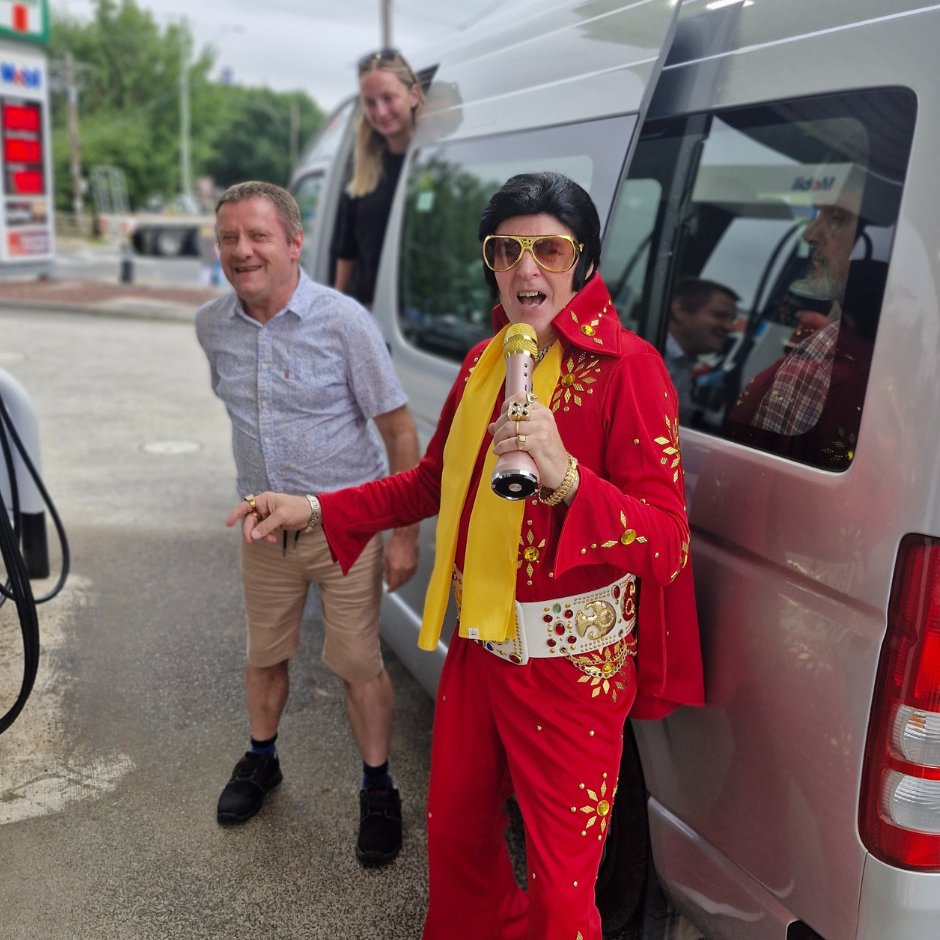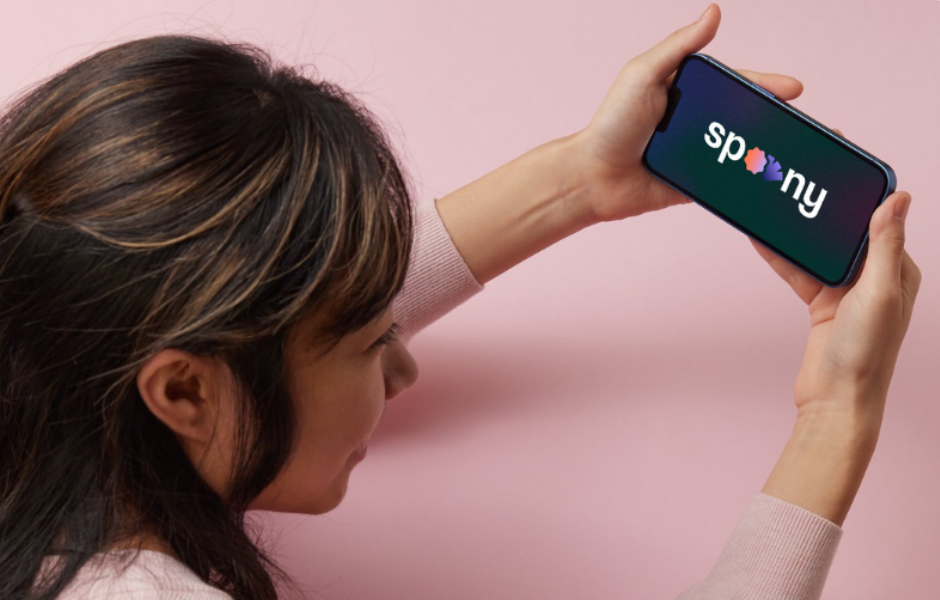
We've partnered with a disability friendship app
In a groundbreaking move to address social isolation in the disability community, Melba has announced a partnership with Spoony, Australia’s leading friendship app designed specifically for people with disability.
Launched in 2024, Spoony offers a safe, stigma-free alternative to mainstream social platforms, with unique features tailored to the disability community’s needs. The app’s distinctive name draws from the well-known “spoon theory” used within disability communities to describe daily energy levels.
What sets Spoony apart is its innovative “spoons status” feature, allowing users to indicate their current energy levels and capacity for interaction. This thoughtful approach helps users better understand and support each other’s needs, creating more meaningful connections.
Melba CEO Hayley Dean said the disability community had been clear in its desire for modern, accessible ways to connect with others who understand their experiences.
“By joining forces with Australia’s leading disability app developer, we’re answering that call in a way that not only upholds people’s human right to intimacy but also prioritises safety, dignity, and genuine connection,” she said.

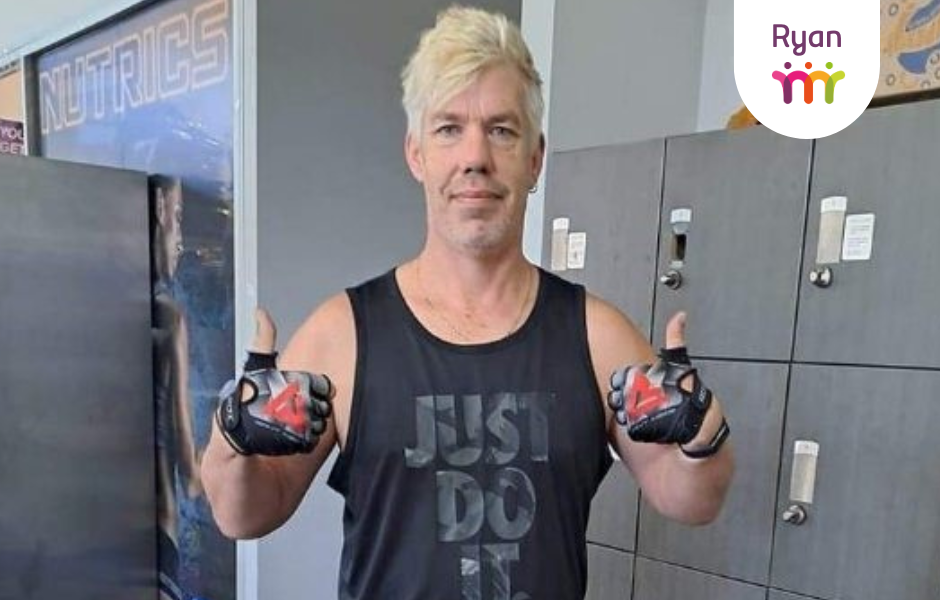
"I wasn’t going to let the pain stop me from living"
Inspiration is a word that gets thrown around a lot in disability circles. It’s always well meaning, but it’s often condescending.
You hear it a lot during the Paralympics, for example. An athlete with disability is “inspiring” simply because they are competing. Every athlete, with or without disability, has to overcome obstacles to compete at the highest level so why do Paralympians get labelled as inspirational so much more than able-bodied Olympians?
That’s where the often unintended condescension comes in. Sometimes the label fits. Sometimes it’s not condescending, it’s simply appropriate and just. Sometimes a person does something that gives you reason to pause and reflect on your own life. And often that pause comes down to the adversity they’ve overcome.
Ryan, for example, is an inspiration to those who come into his orbit. He doesn’t see himself as particularly inspiring, and ironically that’s part of the reason he is.
Ryan, 48, has cerebral palsy, which gives him curvature of the spine and a twisted foot – he also has ADHD – but, no, that’s not what makes him inspirational.
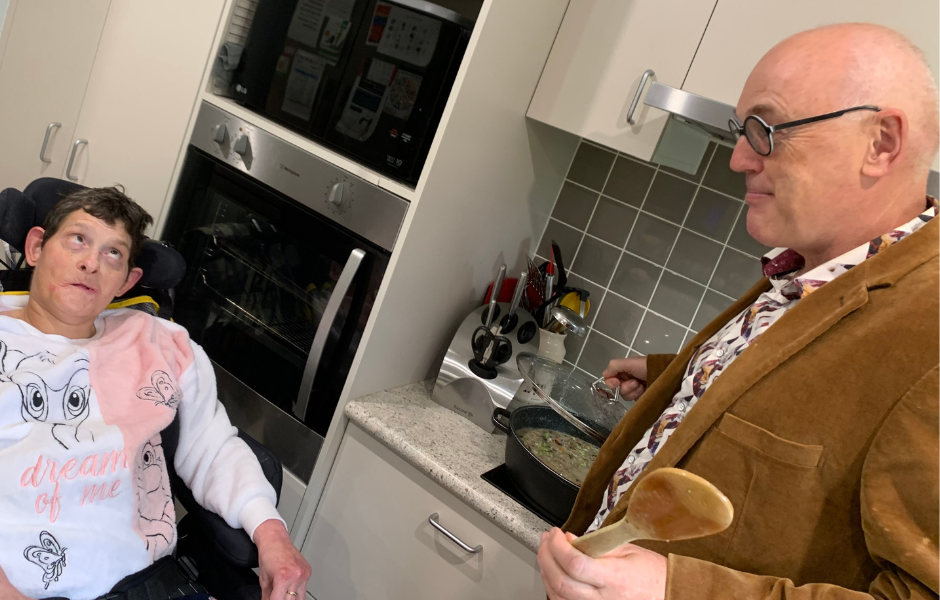
Our special SIL extra benefit (and it's free!)
For people with disability looking for Supported Independent Living (SIL), finding a provider that goes beyond providing basic support can be life-changing. Melba is setting a high benchmark in the sector, offering a tailored, person-centred approach at no additional cost to those living in their SIL homes.
This key difference putting Melba streets ahead of many other SIL providers is the commitment to Personal Outcome Measures Planning (POMS). This initiative ensures that people are not just receiving support but actively shaping their own futures through structured, goal-oriented planning.
“Supported Independent Living is about more than just meeting people’s basic needs,” says Anneke Jurgens, General Manager, Practice, Quality & Safeguards at Melba.
“POMS gives people we support the opportunity to identify and pursue personal goals in a meaningful way. It is really all about people living the life they choose and reaching their own chosen potential.”
Melba’s POMS team meet with people where they live. Together with the person’s support team they conduct in-depth planning sessions, that reveal their wants, needs and aspirations. Goals are set and reviewed annually to keep focus and track progress.

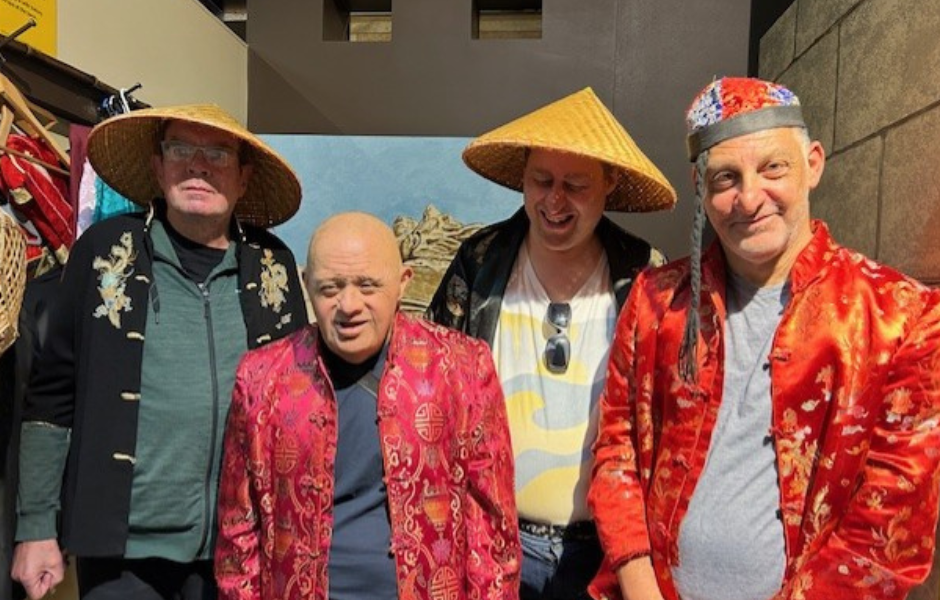
Max, John, Ashley and David visit Ararat’s Gum San Chinese Heritage Centre.
Thomas catches a wave to beat the summer heat at Inverloch, while Elvis bumps into Phil and his group from Community Connections at a 7-Eleven and gives an impromptu performance! If only Phil brought his blue suede shoes!

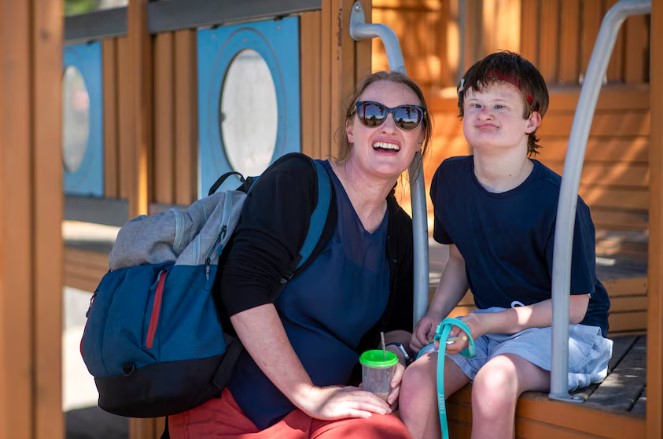
Australia's healthcare system is failing people with intellectual disability, with advocates calling for urgent reforms to address systemic neglect, discrimination and inadequate medical care.
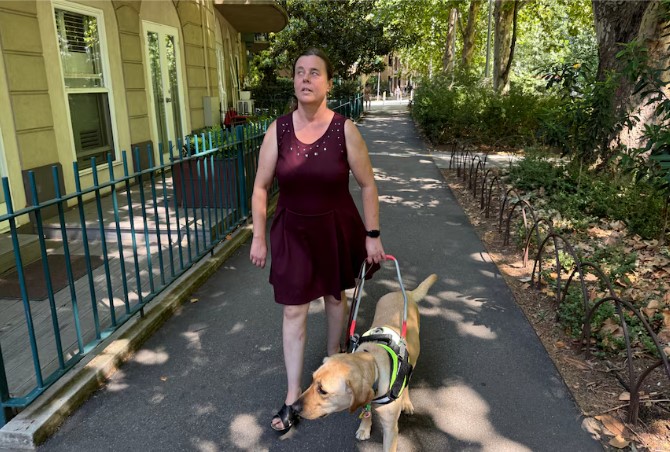
A Victorian woman with disability claims she was denied service by rideshare giant Uber an astonishing 32 times in less than two years – simply because of her guide dog. Now, she’s calling on people with disability across the country to unite and push for change.

